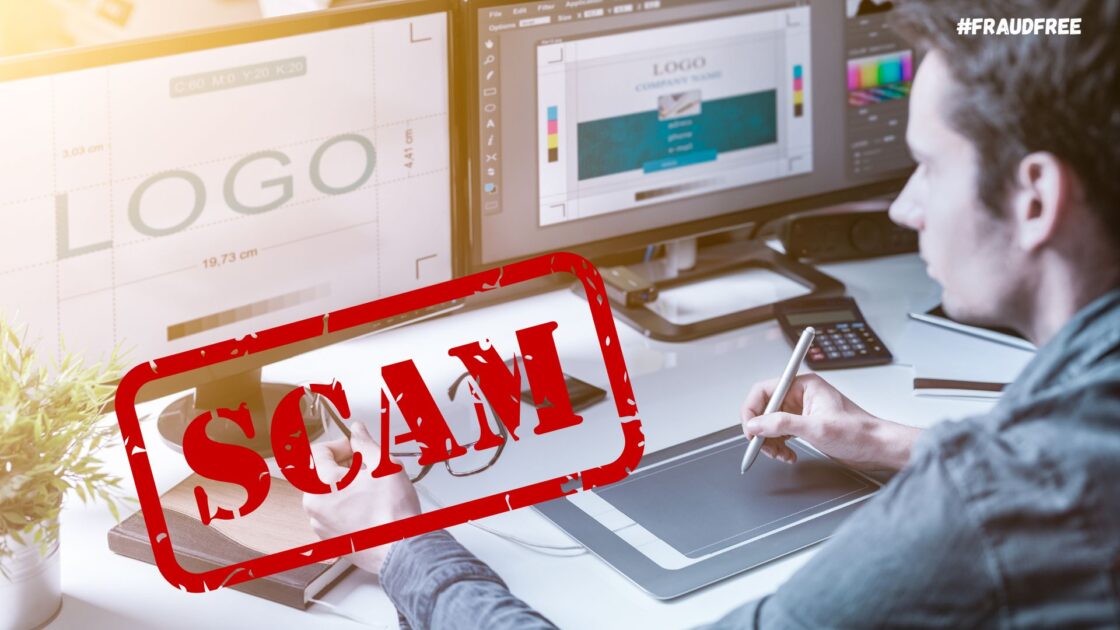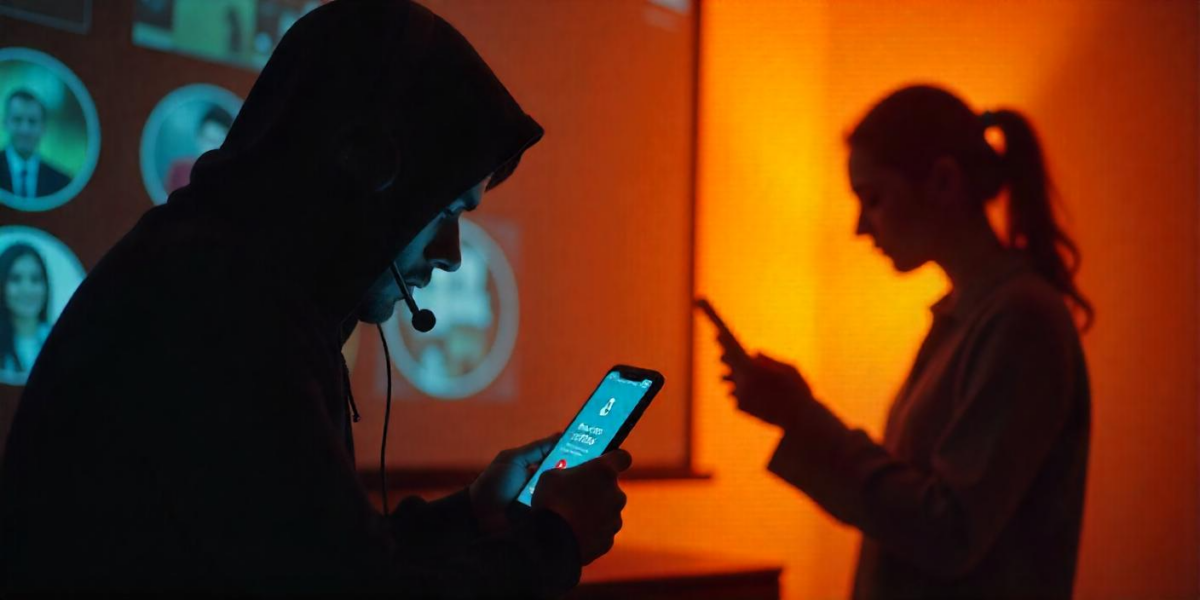You’ve polished your Graphic design portfolio, joined freelance platforms, and are excited to take on new projects. Then comes an email or WhatsApp message: “We loved your work and want to hire you for a high-paying design role!” It feels like your big break… but wait, is it real or just one of the types of graphic design job scams?
Let’s break it down.
Graphic Design Job Scams in India
In India, graphic designers are increasingly falling victim to job scams, some losing lakhs of rupees to fake recruiters, bogus “processing fees,” and too-good-to-be-true freelance gigs.
Whether you’re a seasoned pro or just starting out, understanding these scams can save you time, stress, and money.
1. ₹1 Crore ISRO Graphic Design Scam
A 28-year-old job seeker in Bengaluru was told by his tenants that they had ISRO connections to secure him a graphic designer position.
For the “ISRO-approved” job, he paid a total of ₹1 crore, believing the process was genuine because they even took him inside ISRO premises and issued a fake appointment letter.
Ultimately, it was revealed to be a complete scam, and a police case is underway.
2. ₹15 Lakh Online Part-Time Gig Scam
A designer in Mangaluru received a Telegram message offering a part-time work-from-home job rating appliances.
Initially, he was paid Rs 860. But as the work from home job scam progressed, he was asked to deposit ₹10,000 to continue earning, and ended up losing over ₹15 lakh.
3. Pune Engineer “Uniform & Medical Check” Scam
A similar twist targeted a design-savvy engineer in Pune: he received what looked like an authentic job offer, possibly design-related, but was asked to pay ₹28,000 for a “uniform”, ₹80,000 for a “medical test”, and ₹2.4 lakh in salary advance.
He later discovered the entire process was fraudulent.
4. Freelance Portfolio Scam
In Ahmedabad, a designer received a “part-time design project” offer via Telegram. After transferring ₹58,000 as a processing fee, the project never materialized, and he lost ₹1.58 lakh.
5. Phishing via SMS/WhatsApp Interviews
LinkedIn, Reddit, and design forums reveal that many Indian graphic designers receive messages for remote design gigs.
These scammers often conduct brief chat interviews through WhatsApp or Telegram. They collect personal info or steal portfolio content—then vanish.
Why Designers Are Targeted by Scammers?
- Creative Professionals Often Work Freelance
Scammers know many designers work independently and are always looking for new clients or gigs, making them easier to approach. - Portfolios Are Public
Most designers showcase their work online to attract clients. Sadly, scammers use these public portfolios to find and target victims. - Eager for Opportunities
Designers—especially beginners—are often excited to land projects. Scammers take advantage of this eagerness with fake promises of big clients or high-paying jobs. - Lack of Awareness About Scams
Many creatives are so focused on their craft that they may not know how common scams are in the industry. - Trust in Big Names
Scammers drop names like ISRO, NASA, or Netflix to make their offers sound legitimate and lure designers into paying upfront fees.
How to Identify Fake Job Offer?
- They Ask for Upfront Payments:
If someone asks you to pay for “registration,” “uniforms,” or “software access” before you even start the job, it’s a huge warning sign. - Unrealistic Pay for Minimal Work:
Scammers lure people with offers like ₹50,000 for just 2 hours of work daily. If it sounds too good to be true, it probably is. - No Proper Interviews:
Legit employers don’t hire over WhatsApp or Telegram chats alone. If they refuse phone or video calls, be cautious. - Vague Job Details:
They can’t explain your role clearly or keep changing their story about the work and pay. This is a big red flag. - Free Email Addresses:
Be wary if recruiters use Gmail, Yahoo, or Outlook accounts instead of official company emails. - High-Pressure Tactics:
If they push you to “act fast” and say the offer will expire in a few hours, it’s likely a scam. Real recruiters give you time to decide.
How to Report Job Scammers?
Job scams in India, including the one where graphic designers are targeted, are on the rise. It is important to take immediate action in case you have fallen victim to any of those frauds.
- File a Cyber Crime complaint:
Visit the cyber crime portal and raise the concern. The sooner you report, the better your chances of stopping further fraud. - Alert Your Bank
If you’ve made payments, inform your bank immediately. They might be able to block transactions or help you recover funds in rare cases. - Register with us
In case you need help, reach out to us. Our team will guide you with the process and help you with escalation, if required.
Conclusion
The graphic design industry offers amazing opportunities—but unfortunately, it also attracts scammers looking to exploit your talent. The good news? With awareness and a few safety checks, you can spot these traps before they catch you.
Trust your instincts, verify every offer, and remember: no legitimate client will ask you to pay upfront. Stay sharp, and let your creativity shine in safe, genuine spaces.







